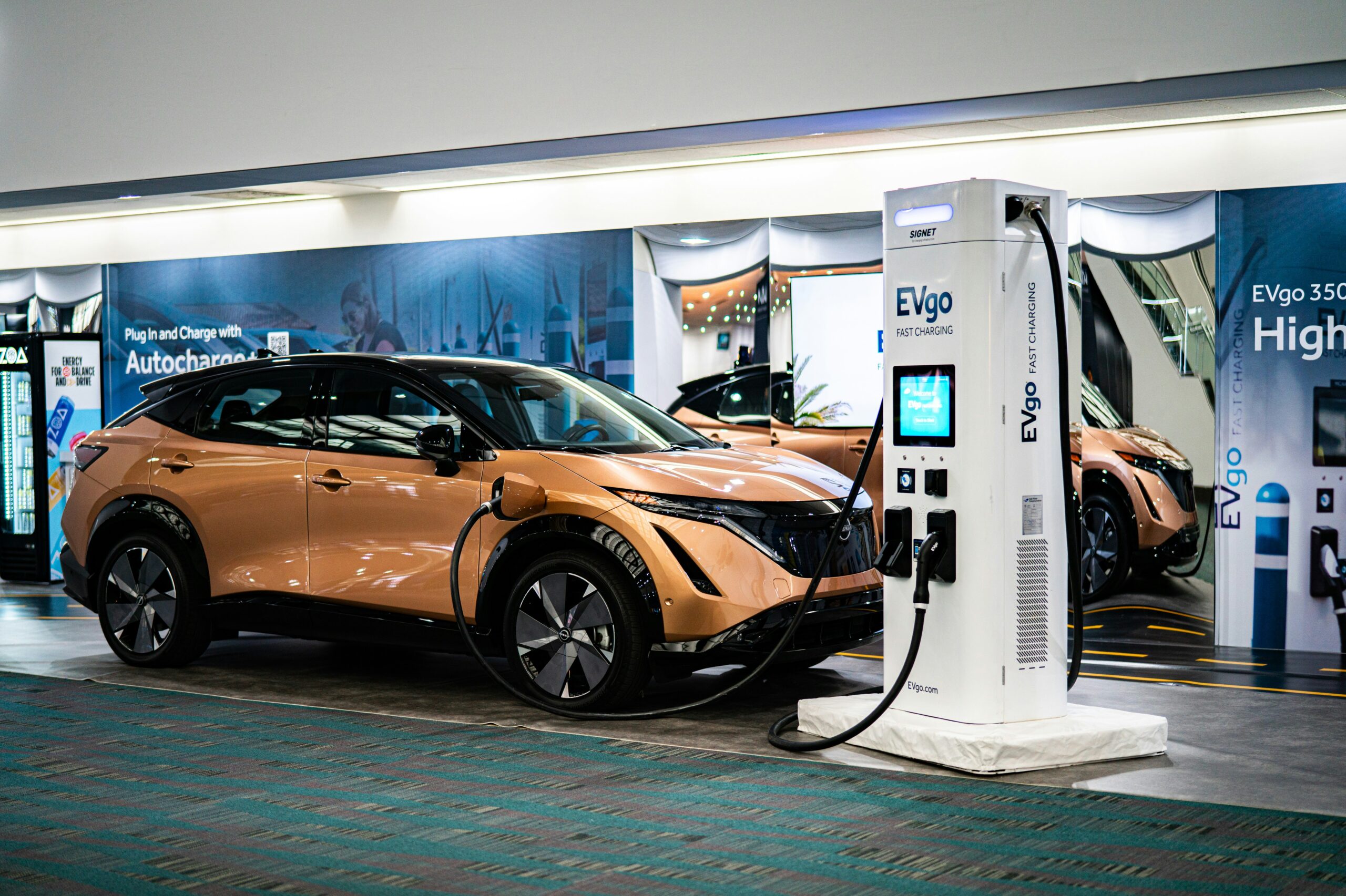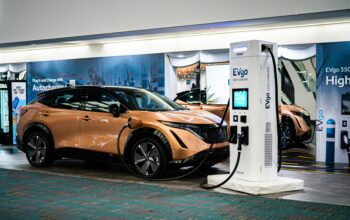Uzone.id – Switching to electric cars is indeed believed to be a solution to overcome the ongoing climate crisis. But behind the environmentally friendly advantages, electric cars have a risk of fire which is still a fear for consumers.
News reports of electric car fires have raised concerns among European consumers, despite the relatively low frequency of such incidents compared to the overall number of electric vehicles on the road. These fires, often difficult to extinguish, have prompted governments to investigate the potential causes and risks associated with electric vehicle batteries.
Yes, the most important factor is the battery. This component is the main cause of fires in electric cars. Many rely on lithium-ion batteries in electric cars, and although they have many advantages, they have great potential for danger.
Lithium-ion batteries, the powerhouses of electric cars, can overheat and, in rare cases, lead to fires. These incidents are often caused by internal damage or exposure to extreme temperatures.
To mitigate these risks, clear and consistent safety regulations are essential. Unfortunately, electric cars sold in different countries may not adhere to the same safety standards, raising concerns among consumers. This lack of uniformity can also hinder the development of safer battery technologies.
“Regulatory standardization for electric vehicle batteries in Europe is still developing. Although we have some guidelines, full harmonization with other member states remains a challenge,” said Dr. Anneliese Maier, Head of the Electric Vehicle Department at the European Commission.
On the other hand, information about the causes of electric car fires and effective preventive measures is still very limited. This limited information makes it difficult for the public to understand the risks of using electric cars.
The high level of concern about electric car fires that have occurred recently has had a significant psychological impact on consumers. Not a few consumers are reluctant to switch to adopting electric cars because they are afraid that the safety of themselves and their families is at risk.
“European consumers are very concerned about safety issues, especially after several widely reported incidents of electric car fires. This has caused significant concern and hampered the adoption of electric vehicles in several countries,” explained Prof. Dr. Hans Schmidt, a consumer behavior expert at the University of Munich.
This can certainly slow down the growth rate of electric cars which has a direct impact on the transition to lower emission mobility.
To overcome this, of course, several countries and electric car manufacturers can make several efforts. One of them is increasing safety standards by improving battery management systems and other safety features to minimize the risk of fire.
Battery technology also needs to be developed with intensive research. Thus, manufacturers can create batteries with higher energy density so that they are safe to use.
From the government’s perspective, it can build a safer charging infrastructure for electric cars. The development of safe infrastructure can be done with the presence of a sophisticated security system so that it can increase consumer confidence.
Finally, massive education to the public but still accurate regarding battery technology and fire prevention measures. With the right education, public confidence in electric cars can grow again.
Every technological shift, especially in the automotive world, certainly has its risks, including electric cars. Seeing several incidents regarding electric car fires certainly needs to be considered.
Technological advances and increasingly stringent regulations are believed to reduce this risk. Consumers also need to be given correct and objective information so that they can make the right decisions.
In the future, the government and electric car manufacturers are considered necessary to work together to overcome this problem. Both can take some steps, such as investing in research and development.
“To address consumer concerns, there needs to be strong collaboration between government, industry, and academia. Investment in research and development of safer battery technologies, as well as the establishment of rigorous safety standards, is key to accelerating the transition to electric mobility,” said Prof. Dr. Sarah Davies, Director of the Centre for Renewable Energy Studies at the University of Cambridge.
The government’s strong support for research and development of safe and efficient batteries can certainly have an impact on the future of electric cars. Through this research, the government can also set safety standards for electric cars and make them regulations.














